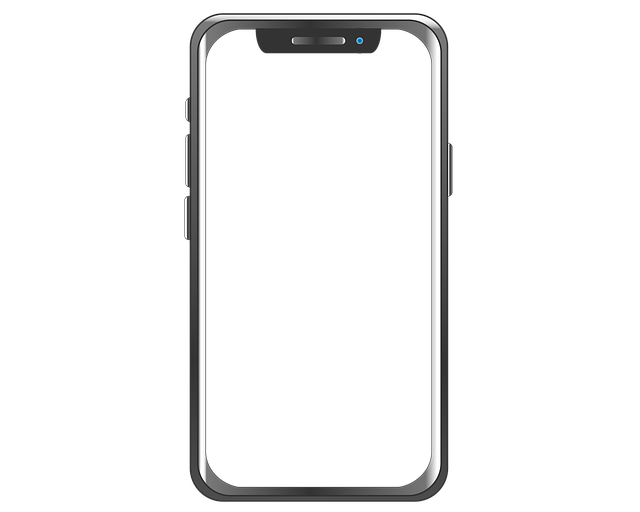“In Smithfield, RI, understanding and adhering to Do Not Call laws is crucial to avoid stringent legal penalties. This article guides you through the intricacies of these regulations, highlighting key aspects like liability, potential consequences, and the importance of professional counsel. If you’ve faced or anticipate issues with Do Not Call Laws in Rhode Island, consulting a lawyer specialized in this field can offer vital protection and guidance. Discover your rights and responsibilities as we delve into navigating these legal requirements effectively.”
Understanding Do Not Call Laws in Rhode Island
In Rhode Island, including Smithfield, the Do Not Call laws are designed to protect residents from unwanted telemarketing calls. These laws give citizens the right to opt-out of receiving such calls, and violation can result in severe legal penalties. Understanding these regulations is crucial for both businesses and individuals alike, especially with the ever-evolving landscape of communication. If you’ve received a call that violates your rights under Rhode Island’s Do Not Call Laws, consulting a lawyer specializing in these laws (a lawyer for Do Not Call Laws Rhode Island) can be beneficial to understand your legal options.
Rhode Island’s Do Not Call list is administered by the Attorney General’s Office, which enforces the rules strictly. Businesses that continue to call individuals on the list after they’ve registered their numbers face substantial fines. These penalties serve as a deterrent and ensure compliance with the law. It’s important for companies to respect consumer choices regarding telemarketing calls to avoid legal troubles.
Who is Liable for Violations?
In Smithfield, RI, violations of Do Not Call laws can result in significant legal penalties for both individuals and businesses. When it comes to liability, the responsibility often falls on the person or entity making the unauthorized call. If a business or individual hires sales representatives or uses automated dialing systems, they must ensure proper training and compliance with state regulations. Engaging a lawyer specialized in Do Not Call Laws in Rhode Island can be crucial for navigating these complexities. They can guide clients on implementing compliant practices and represent them if any violations lead to legal disputes.
For consumers, the first step upon receiving an unwanted call is to document it. Note down the caller’s information, the date, and time of the call, along with a summary of the conversation. This evidence can be invaluable if a consumer decides to file a complaint with the Rhode Island Division of Consumer Services or pursue legal action. A lawyer specializing in Do Not Call Laws can assist consumers in understanding their rights and taking appropriate measures against persistent violators.
Potential Legal Consequences for Non-Compliance
Violating Rhode Island’s Do Not Call laws can lead to significant legal consequences, as these regulations are designed to protect consumers from unwanted telemarketing calls. Non-compliance may result in direct legal action by affected individuals or groups, who can file complaints with the state’s regulatory bodies. Fines and penalties for such violations can be substantial, ranging from administrative fees to civil lawsuits, depending on the severity of the breach.
A person or business found guilty of repeatedly ignoring or circumventing Do Not Call requests may face additional legal repercussions, including permanent restraining orders against further contact. Engaging a lawyer specializing in Rhode Island’s Do Not Call Laws is advisable for anyone facing such charges, as they can provide guidance tailored to state regulations and help navigate the potential legal complexities and penalties associated with these violations.
When to Consult a Lawyer for Do Not Call Law Issues in Smithfield, RI
If you’ve received unwanted phone calls despite being on the National Do Not Call Registry or a local “Do Not Disturb” list in Smithfield, RI, it’s advisable to consult with a legal professional experienced in Rhode Island’s Do Not Call Laws. While many cases may be resolved through direct communication with the offending party or reporting to regulatory bodies, there are instances where legal action is necessary.
Engaging a lawyer specializing in Do Not Call laws can help protect your rights and navigate the complex regulations. They can assess if there has been a violation, gather evidence, and determine the best course of action, which may include sending cease-and-desist letters, negotiating settlements, or representing you in court if the case progresses. This is particularly important if the calls involve harassment, false representations, or refusal to stop despite your clear indications of unwanted contact.






